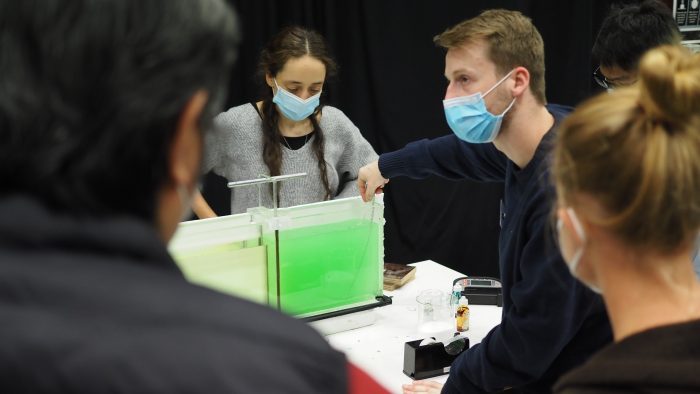
Interested in climate science?
The ARC Centre of Excellence for Climate Extremes trains the climate science leaders of the future.
Our undergraduate scholarships give you the chance to contribute to and learn about the leading climate science happening in Australia right now.
You could help improve our understanding of La Niña events, better plan for our cities or understand how different ocean extremes interact. These are just a few examples of the projects you can get involved in.
Who these scholarships are for
You should be in your second, third, or post-honours year and interested in pursuing honours or a postgraduate degree in climate science.
Scholarship projects may either run on a full-time basis over the summer or other mid-sem/trimester breaks, or part-time for the equivalent of six weeks full time work throughout the academic year.
The scholarships are valued at $3,800.
Scholarships are open to students currently enrolled in an Australian university. All projects can be undertaken remotely if necessary.
How do I apply for a scholarship?
- Read the list of available projects.
- Check that you meet the requirements of your desired project/s.
- Fill out the application form here.
